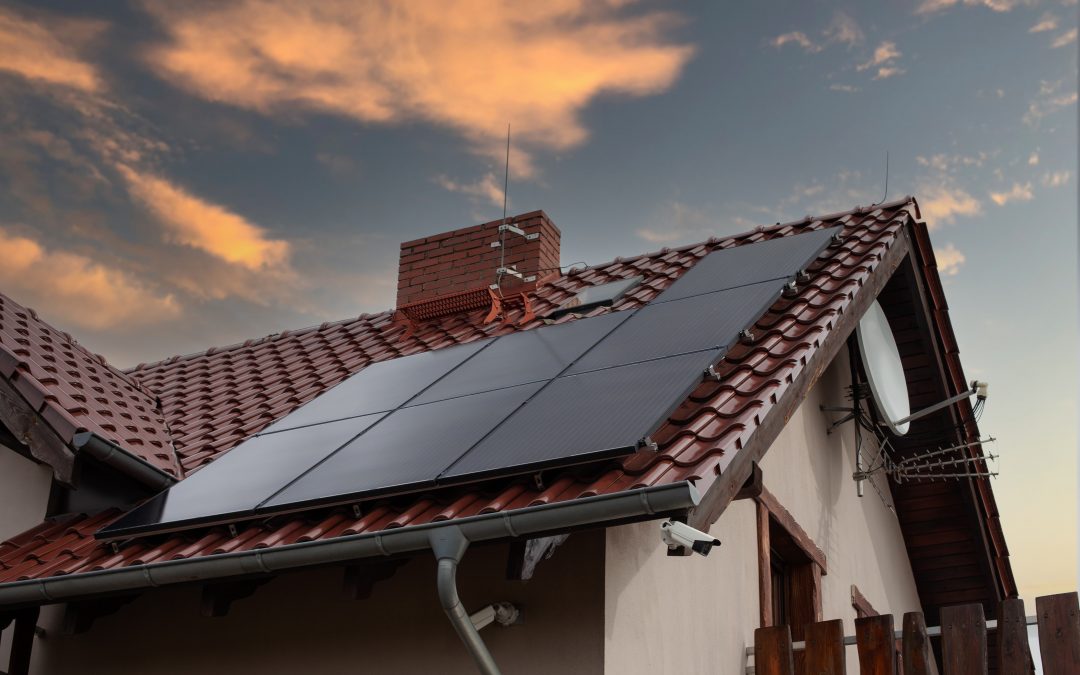As the world moves towards cleaner and more sustainable energy sources, solar power has emerged as a leading contender in the quest for renewable energy. For homeowners in Maryland considering solar panel installation or already harnessing solar energy, navigating the landscape of policies, incentives, and regulations can be a daunting task.
Key Aspects of Solar Energy Policies
Maryland offers a range of incentives to encourage homeowners to adopt solar energy. One of the most notable incentives is the Maryland Residential Clean Energy Grant Program. Through this program, homeowners can receive grants to offset the upfront costs of installing solar panels on their properties. The amount of the grant varies depending on factors such as system size and location, but it can significantly reduce the financial burden of going solar.
Additionally, Maryland offers a Solar Renewable Energy Credit (SREC) program. Under this program, homeowners earn credits for the electricity generated by their solar panels. These credits can then be sold on the market, providing homeowners with an additional source of income to help recoup their investment in solar energy.
Furthermore, the federal government offers a Residential Renewable Energy Tax Credit, which allows homeowners to deduct a percentage of the cost of their solar energy system from their federal taxes. This incentive can further reduce the overall cost of going solar, making it a more attractive option for Maryland homeowners.
Navigating Solar Regulations in Maryland
While incentives make going solar more appealing, it’s essential to understand the regulations that govern solar energy systems in Maryland. One critical regulation to be aware of is net metering. Net metering allows homeowners to receive credit for excess electricity generated by their solar panels and fed back into the grid. This credit can then be used to offset the cost of electricity drawn from the grid when solar production is insufficient, effectively reducing homeowners’ electricity bills.
Additionally, Maryland has interconnection standards that dictate how solar energy systems connect to the grid. These standards ensure the safe and efficient integration of solar power into the existing electrical infrastructure while protecting the reliability of the grid.
It’s also crucial for Maryland homeowners to familiarize themselves with local zoning regulations and building codes governing solar panel installation. These regulations vary by municipality and can impact where and how solar panels can be installed on a property.
Navigating solar energy policies, incentives, and regulations in Maryland may seem overwhelming at first, but understanding these key aspects is essential for homeowners considering solar panel installation. By taking advantage of incentives such as grants, tax credits, and SREC programs, homeowners can significantly reduce the financial barriers to going solar. Additionally, staying informed about regulations like net metering and interconnection standards ensures a smooth and compliant solar panel installation process.
As Maryland continues to embrace renewable energy, homeowners have an unprecedented opportunity to harness the power of the sun and contribute to a cleaner, more sustainable future for their communities and the planet. By understanding and leveraging solar energy policies, incentives, and regulations, Maryland homeowners can take meaningful steps towards energy independence and environmental stewardship.


Recent Comments